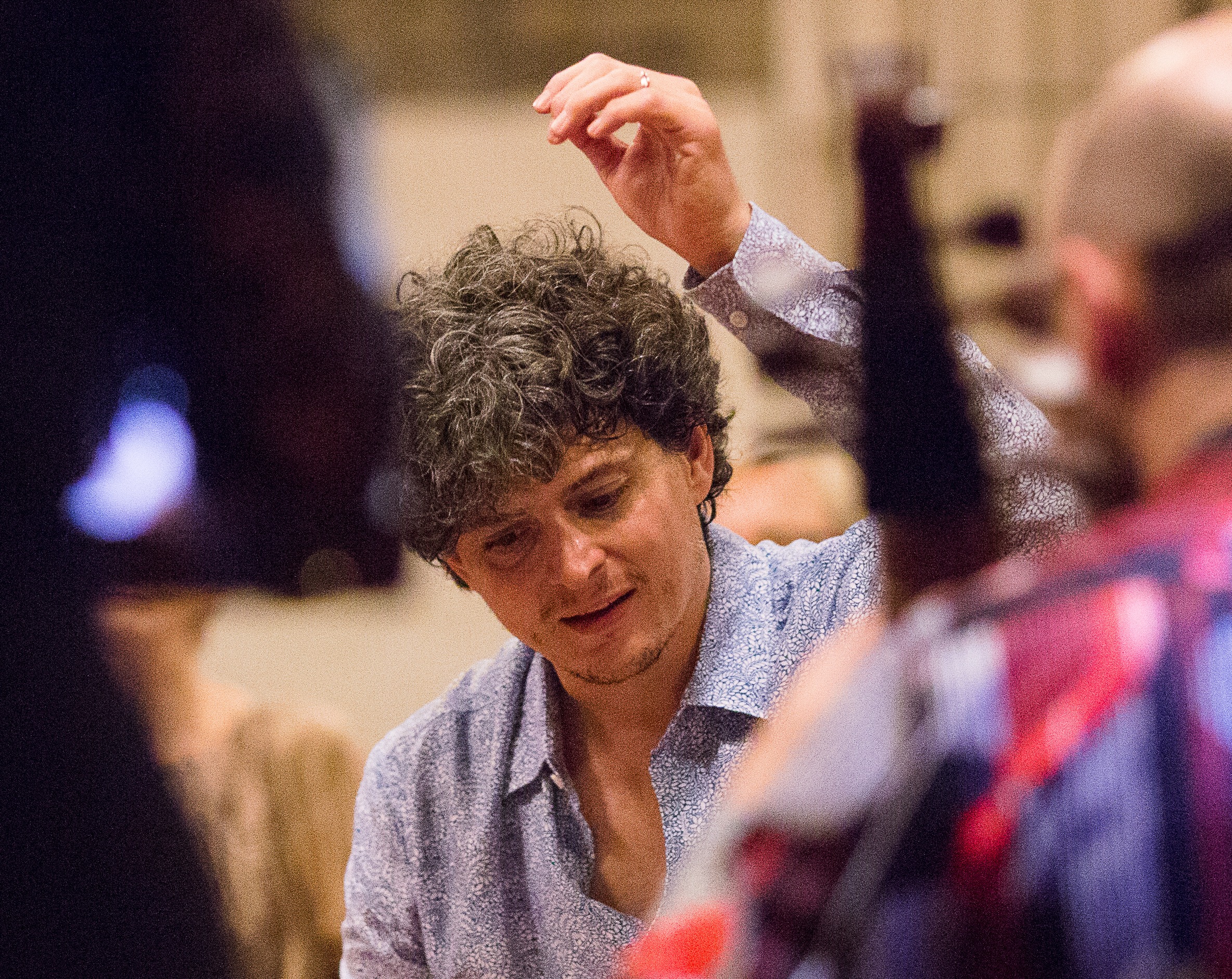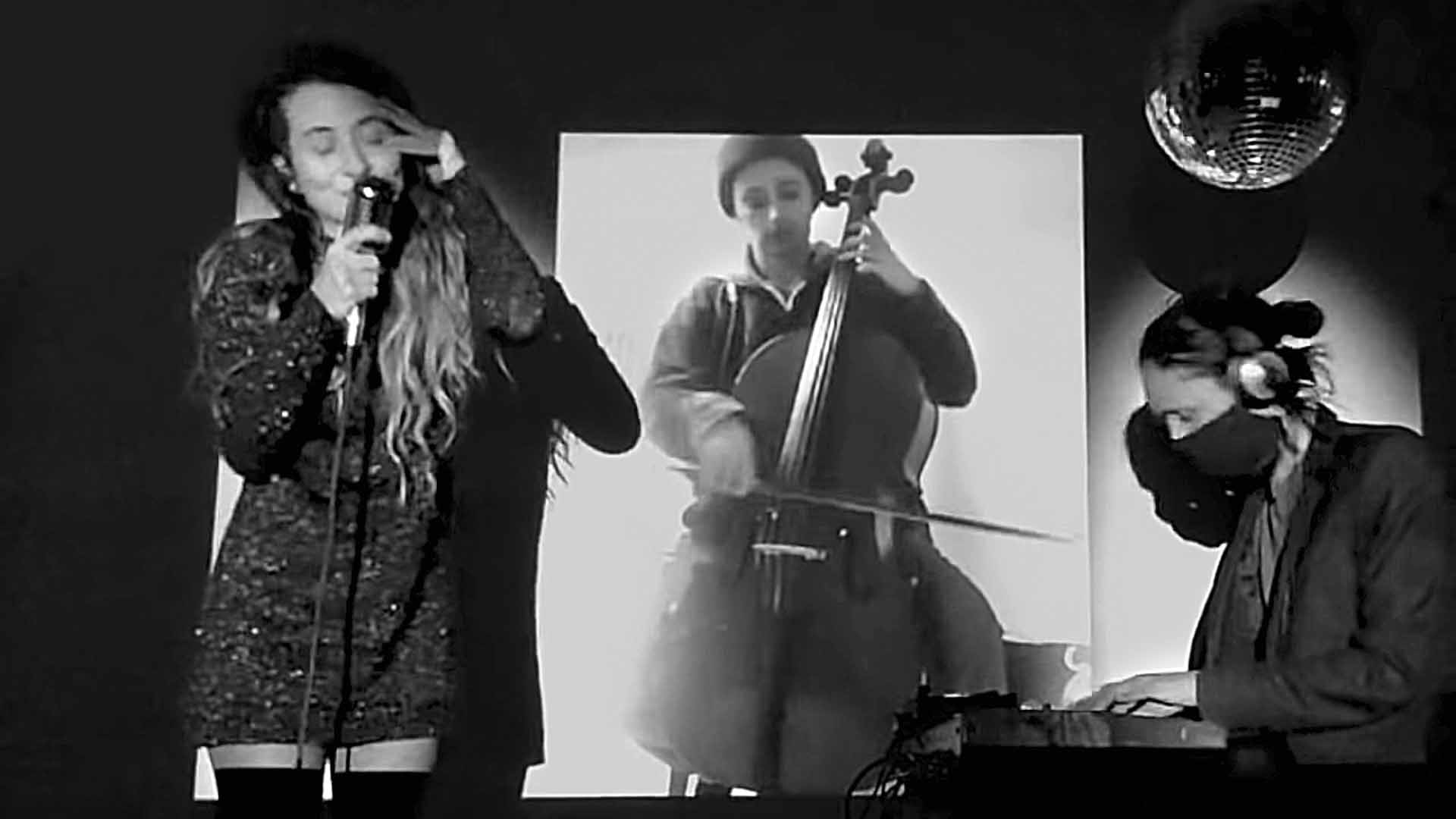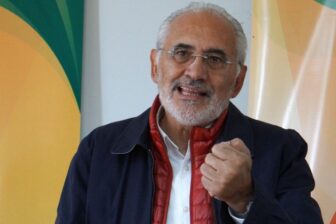This article is adapted from AQ’s special report on closing the gender gap.
Our last playlist of 2020 features a group of Brazilian performers who met a difficult year head-on, finding creative ways to share their music — and their message — amid pandemic and political upheaval.
A Banda Mais Bonita da Cidade
(The Prettiest Band in the City)
When COVID-19 stopped A Banda Mais Bonita da Cidade’s concert plans in their tracks, the Curitiba-based indie group responded by offering fans a dreamy reprieve from “the new normal.” Much more than just an online concert, Superlive, performed ao vivo on the band’s YouTube channel in July and now available to stream, is a magical interplay of live and recorded music, shadows and light, projections and fresh faces. After a successful decade on the tour circuit, helped along by the success of the band’s viral video hit “Oração,” this inventive project promises to bring the group’s minimalist style to new audiences.
A Banda specializes in thoughtful covers of everything from classics like Zé Ramalho’s countercultural anthem “Admirável Gado Novo” to current Brazilian indie hits like Labaq’s prayerful “Quiçá.” The setup for Superlive is simple, but visually stunning. Lead singer Uyara Torrente stands in one corner, holding an old-fashioned microphone, opposite keyboardist Vinícius Nisi. Between the two, images of the remaining band members, and a host and the guests are projected on the wall. A spinning disco ball and two loosely focused spotlights give the all-black-and-white performance a mysterious but inviting quality.
The long list of featured young artists includes Labaq (performing her own song), cellist Fernanda Koppe and dancer Flávia Pereira in pandemic-appropriate confinement live from her apartment hallway. There are also spoken-word introductions and interventions by rappers, singers and activist poets such as Jaquelivre and Isis Odara. True to the moment, a political undercurrent is never far from the surface. Images of recent protests come alongside a version of Dominguinhos’ “Pedras Que Cantam,” which calls on listeners to stay alert until the day when, poetry exhausted, rocks start flying.
Superlive is itself an act of poetic resistance: against abandonment in the face of the pandemic, against misogyny, against racial violence. It is a pan-Brazilian cry for a future when, as Uyara and Labaq sing, “the Tietê River will be beautiful to behold.”
Mônica Salmaso
A scaled down but equally imaginative response to the pandemic comes from singer Mônica Salmaso, who early on found herself isolated in a rural part of São Paulo state. Looking for a creative outlet, Salmaso turned to Instagram to create a series of low-tech (she is by her own admission “technologically impaired”) but delightful duets, trios and sometimes larger ensembles featuring a who’s who of Brazilian artists alongside her killer swinging voice. The production is unpretentious, using Zoom squares arranged in order to allow an asynchronous dialogue between her and her guests, with shared glances that seem to transcend the isolation. Salmaso’s main intention with the series is to maintain a connection with her peers and her audience, and in that she has succeeded, racking up millions of well-deserved views in the past few months.
__
Zubieta is director of the music program at the Americas Society







